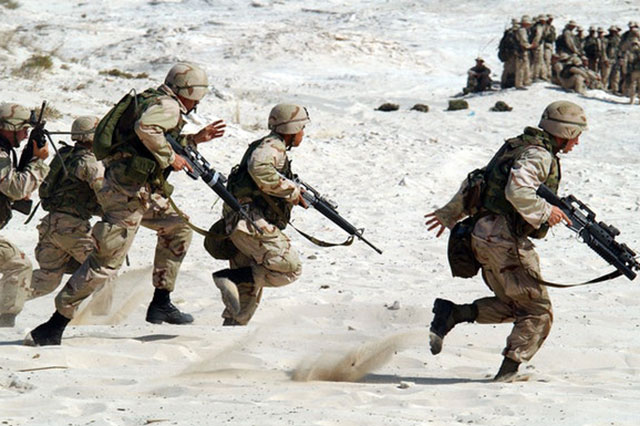Bamako – Mali’s military government on Wednesday repeated a demand that Danish special forces withdraw from the Sahel state, noting recent “inappropriate” comments made by Denmark’s foreign minister.
The junta, which came to power in a coup in August 2020, had first asked Denmark to withdraw its troops on Monday, following a deployment it said had been undertaken without consent.
A contingent of around 90 Danish soldiers arrived in Mali to join European special forces supporting the country’s anti-jihadist operations earlier this month.
On Tuesday, Denmark’s Foreign Minister Jeppe Kofod told reporters that Danish forces were in Mali “on a clear basis” and that his government was seeking to clarify the issue.
ALSO READ | Border standstill: Sanctions against Mali strand Ivorian truckers
“There is currently a difficult diplomatic discussion with the transitional government,” he added.
“They have suspended democracy, and we want to see it return as soon as possible”.
Mali’s junta stated on Wednesday evening that it had read Kofod’s “inappropriate” comments with “surprise and consternation”.
Denmark notified Mali on June 29 that it was sending troops to join the so-called Takuba force of elite soldiers, according to the statement.
But the northern European country received a response in November informing it that the request was “under examination”.
ALSO READ | Mali’s UN mission says flights resuming after suspension
“The government of Mali invites, with insistence, the Danish party to immediately withdraw its forces from Malian territory,” the statement said, repeating its demand from earlier this week.
Denmark has previously sent troops to participate in military interventions in Mali, some with the UN’s MINUSMA peacekeeping force and others with the French-led Operation Barkhane.
The new contingent is joining Task Force Takuba – a 900-troop French-led unit launched in March 2020.
Other contributors are the Netherlands, Estonia, Sweden, Norway, Belgium, the Czech Republic, Portugal, Italy and Hungary.
Mali has been struggling to quell a brutal jihadist conflict that first emerged in 2012, before spreading to neighbouring Burkina Faso and Niger.
Follow African Insider on Facebook, Twitter and Instagram
Source: AFP
Picture: Getty Images
For more African news, visit Africaninsider.com


